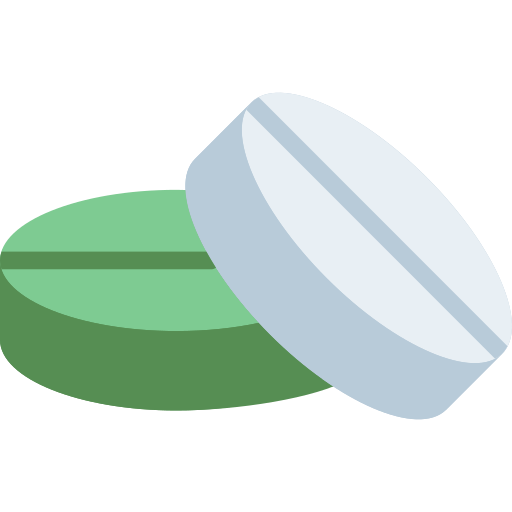
Product Details
Description
Certain drugs tend to produce hyperglycemia and may lead to loss of blood glucose control. These drugs include the thiazides and other diuretics, corticosteroids, phenothiazines, thyroid products, estrogens, oral contraceptives, phenytoin, nicotinic acid, sympathomimetics, calcium channel-blocking drugs, and isoniazid. When such drugs are administered to a patient receiving Acarbose, the patient should be closely observed for loss of blood glucose control. When such drugs are withdrawn from patients receiving Acarbose in combination with sulfonylureas or insulin, patients should be observed closely for any evidence of hypoglycemia. Patients Receiving Sulfonylureas or Insulin: Sulfonylurea agents or insulin may cause hypoglycemia. Acarbose given in combination with a sulfonylurea or insulin may cause a further lowering of blood glucose and may increase the potential for hypoglycemia. If hypoglycemia occurs, appropriate adjustments in the dosage of these agents should be made. Very rarely, individual cases of hypoglycemic shock have been reported in patients receiving Acarbose therapy in combination with sulfonylureas and/or insulin.
Diarrhea, gas, upset stomach, constipation, or stomach pain may occur in the first few weeks of treatment as your body adjusts to this medication but usually improve with time. Follow your prescribed diet to help lessen these side effects. If any of these effects persist or worsen, tell your doctor or pharmacist promptly.
Pregnancy Category B. The safety of Acarbose in pregnant women has not been established. A small amount of radioactivity has been found in the milk of lactating rats after administration of radiolabeled acarbose. It is not known whether this drug is excreted in human milk. Because many drugs are excreted in human milk, Acarbose should not be administered to a nursing woman.
Because of its mechanism of action, Acarbose when administered alone should not cause hypoglycemia in the fasted or postprandial state. Sulfonylurea agents or insulin may cause hypoglycemia. Because Acarbose given in combination with a sulfonylurea or insulin will cause a further lowering of blood glucose, it may increase the potential for hypoglycemia. Hypoglycemia does not occur in patients receiving metformin alone under usual circumstances of use, and no increased incidence of hypoglycemia was observed in patients when Acarbose was added to metformin therapy. Oral glucose (dextrose), whose absorption is not inhibited by Acarbose, should be used instead of sucrose (cane sugar) in the treatment of mild to moderate hypoglycemia. Sucrose, whose hydrolysis to glucose and fructose is inhibited by Acarbose, is unsuitable for the rapid correction of hypoglycemia. Severe hypoglycemia may require the use of either intravenous glucose infusion or glucagon injection.
Pediatric Use: safety and effectiveness of Acarbose in pediatric patients have not been established. Geriatric Use: of the total number of subjects in clinical studies of Acarbose in the United States, 27% were 65 and over, while 4% were 75 and over. No overall differences in safety and effectiveness were observed between these subjects and younger subjects.
Unlike sulfonylureas or insulin, an overdose of Acarbose will not result in hypoglycemia. An overdose may result in transient increases in flatulence, diarrhea, and abdominal discomfort which shortly subside. In cases of overdosage the patient should not be given drinks or meals containing carbohydrates (polysaccharides, oligosaccharides and disaccharides) for the next 4–6 hours.
Alpha-Glucosidase inhibitor
Store below 25° C. Protect from moisture.
-
Support 24/7
Call us anytime -
100% Safety
Only secure payments